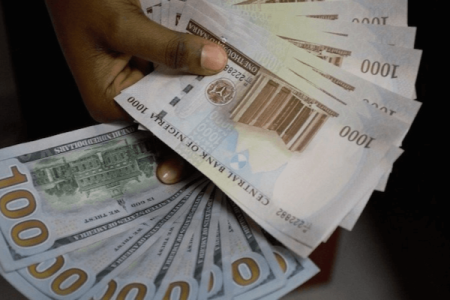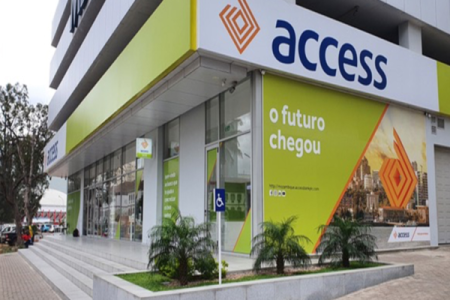
The naira fell to N1,620 against the dollar in the parallel market on July 18, marking its fifth straight day of depreciation. Official rates showed a slight recovery to N1,566.82. The Central Bank of Nigeria's interventions and calls for stabilization highlight ongoing concerns about currency volatility.
The naira's value against the US dollar continued to decline, reaching N1,620 in the parallel market on July 18, marking its fifth consecutive day of depreciation. This latest fall represents a 0.3% drop from the previous day’s rate of N1,615. Bureau de change operators reported a buying rate of N1,600 and a selling rate of N1,620, resulting in a N20 profit margin. In contrast, the official market, as monitored by the FMDQ Exchange, saw a slight appreciation to N1,566.82 per dollar from N1,581.65 on July 17.
The naira's downward trend began on July 11, when it briefly appreciated to N1,530 before sliding to N1,585 by July 16. Fluctuations continued, with the currency trading between N1,500 and N1,620 over recent days. The official exchange rate also experienced volatility, with slight declines followed by partial recoveries.
The Pharmaceutical Manufacturers Group of the Manufacturers Association of Nigeria (PMG-MAN) has expressed concerns over the naira’s instability, attributing it to challenges in business planning and the departure of multinational companies. The Central Bank of Nigeria (CBN) intervened by selling $122.67 million to authorized dealers in an attempt to stabilize the market. Additionally, the CBN has set the exchange rate for BDC operators at N1,450 per dollar to address the demand for invisible transactions.
Overall, the ongoing depreciation underscores the pressing need for a more stable and predictable foreign exchange environment.





